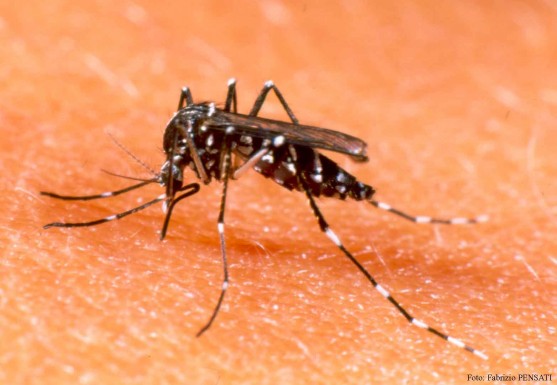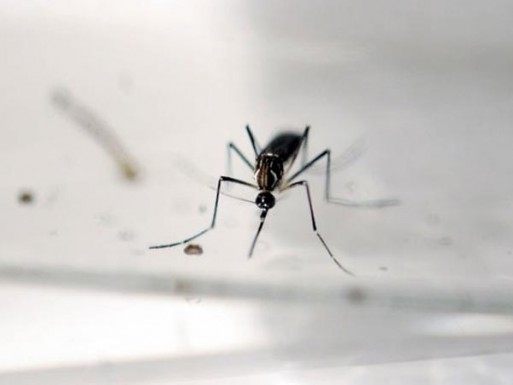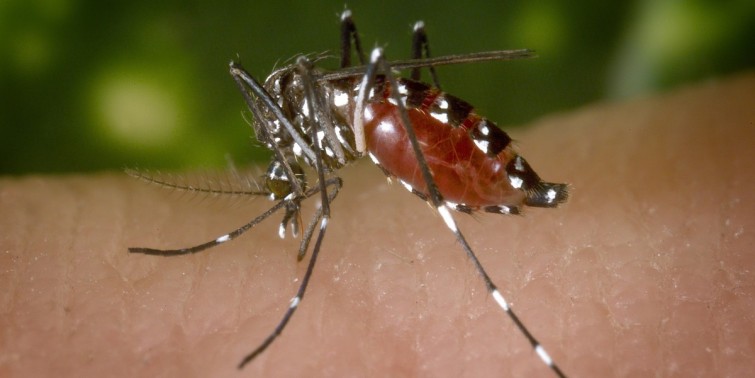MUMBAI: Around 60% of dengue deaths in the state this year have been reported from urban areas. An analysis of the confirmed cases by the state’s health department also revealed that nearly two-thirds of the positive cases were from the urban areas.
The Mumbai Metropolitan Region, Pune, Nashik and Aurangabad have reported nearly 70% of the 5,391 dengue cases this year. The state’s figures also show a 63% jump in dengue cases between January and October this year when compared with the corresponding period last year. Out of the 22 deaths this year, 13 have been reported from the urban areas.
Mumbai alone has reported nearly 1,000 cases and four confirmed cases. However, more than 10,000 people have been hospitalised during monsoon for suspected dengue or similar illnesses. Speaking to TOI, head of the directorate of health services Dr Satish Pawar said, “It is particularly worrying because only 40% of our population resides in the urban areas. But, we have found out that construction activities are not the sole reason for the growing incidence of dengue. In certain cases where dengue had become complicated, doctors have used aggressive treatment where it was not required. Some of these hospitals were in big cities”.
Pawar added that the state has drawn up uniform treatment protocols and even trained doctors but the indiscriminate use of platelets continues to be an issue. The BMC had, in an analysis last year, found out that the use of platelets rose by 14-15% during months when dengue peaked in the city. This year, however, the situation was much better. A civic official said the use of platelets during dengue was closely monitored. “This year, there was no unusual demand for platelets,” the official said.






